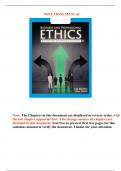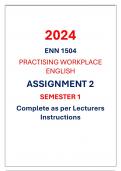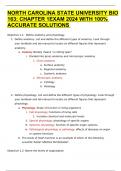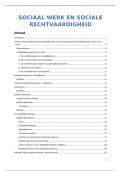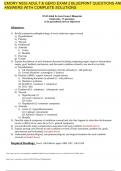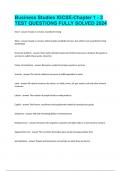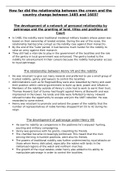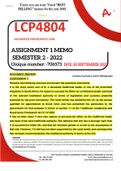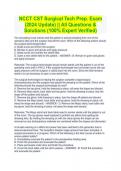Exam (elaborations)
Solutions Manual for Business and Professional Ethics, 9th Edition by Leonard J. Brooks
- Course
- Institution
Solutions Manual for Business and Professional Ethics, 9th Edition by Leonard J. Brooks. Complete chapters Solutions are included (Chapter 1 to 8) CHAPTER 1: ETHICS EXPECTATIONS CHAPTER 2: ETHICS & GOVERNANCE SCANDALS CHAPTER 3: ETHICAL BEHAVIOR—PHILOSOPHERS’ CONTRIBUTIONS CHAPTER 4: PRAC...
[Show more]
